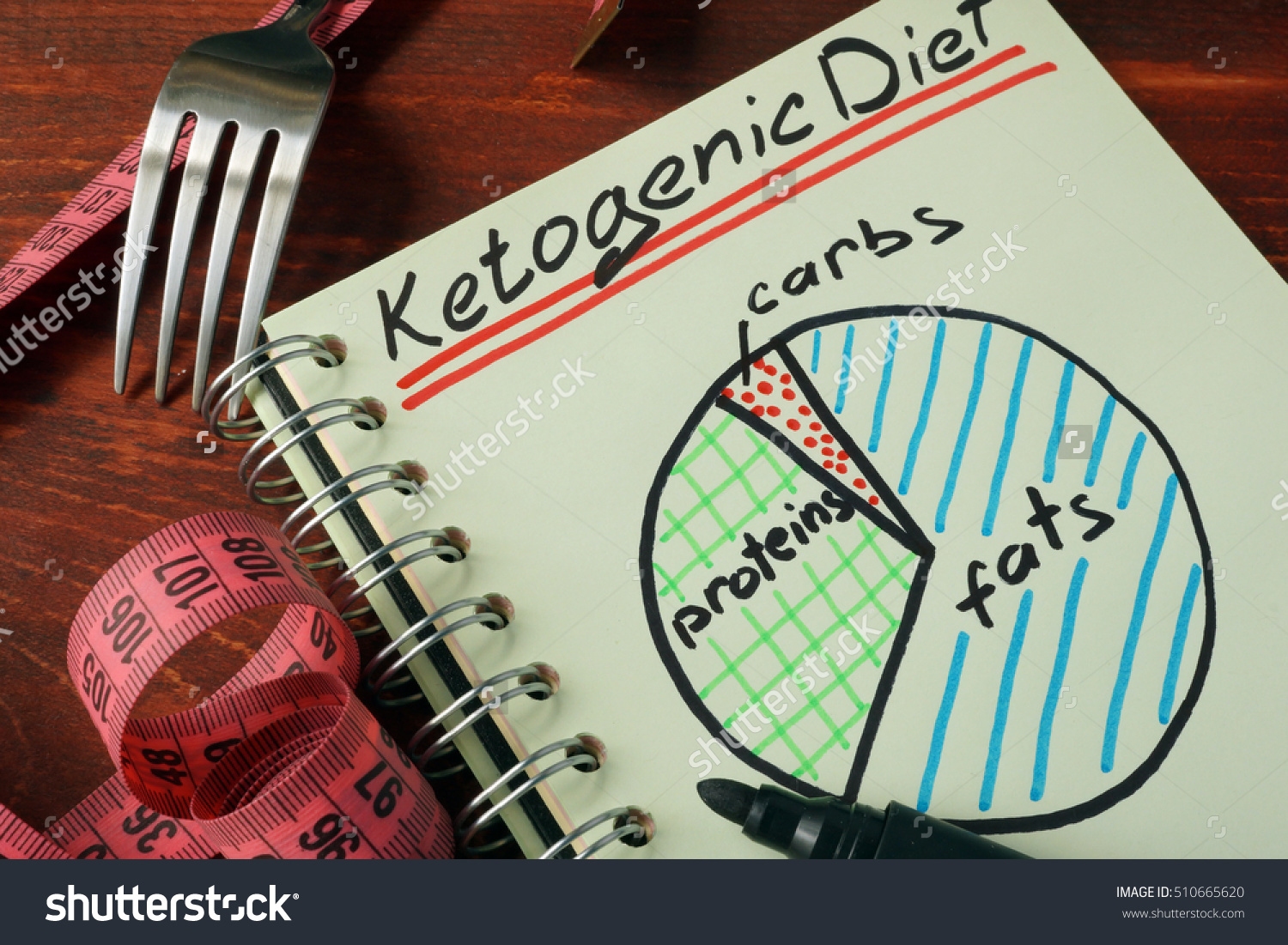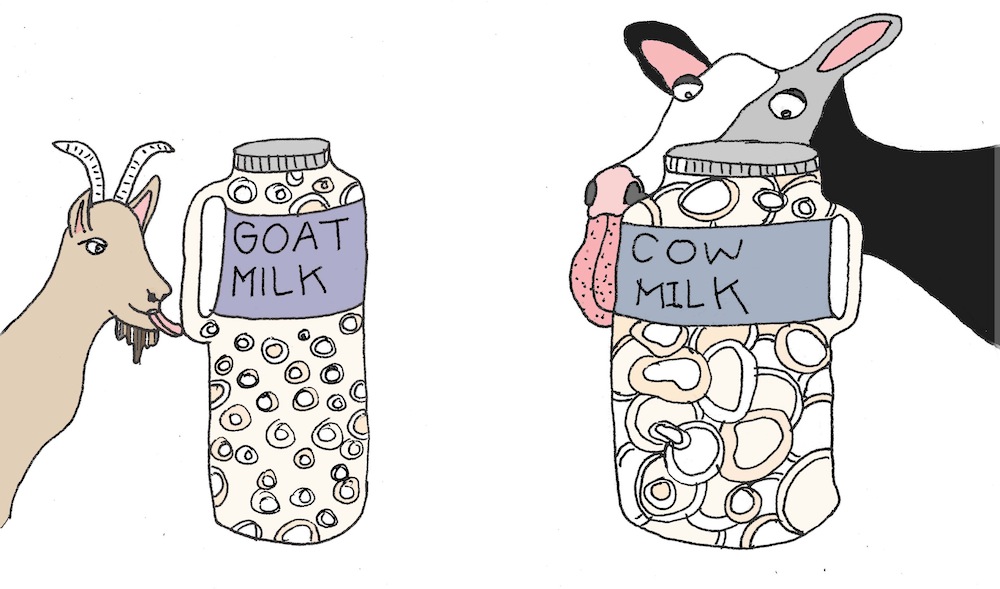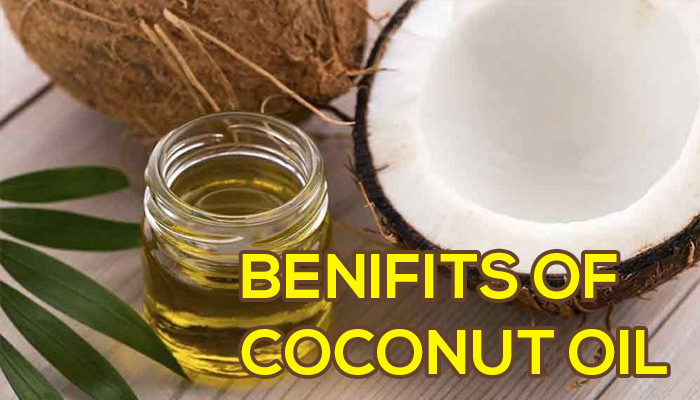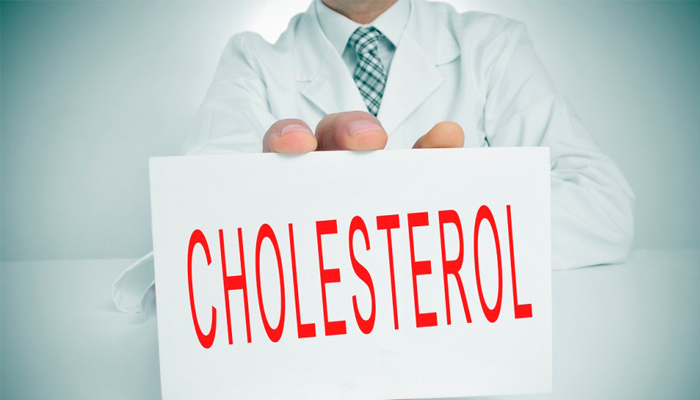Proteins are essential for building and repairing cells in muscles, bone, cartilages and blood in your body. The enzymes and hormones secreted by various glands are all proteins. To ensure good health and maintain it, you need to consume foods rich in high-quality proteins.
Over the past few years, the Internet has helped all in spreading awareness on healthcare, and the consequent urge among to all to reduce weight by managing food is unmistakable. In this respect, proteins are vital for the body and can help you manage your weight; grow your muscles and help you stay physically and mentally fit. However, for optimal function, you need to consume proteins adequately. For this, you need to consume foods that are sources of high-quality proteins.
We discuss here 10 such protein foods.
- Eggs
Eggs are one of the best sources of protein. One egg gives an adequate amount of vitamin D and vitamin B12, 6 grams of protein, and 77 calories. According to the American Heart Association, as a normal healthy adult, you can consume one egg a day.
- Chicken breast
Chicken is a high-quality protein and contains low amount fat. A 100-gram serving of skinless and boneless breast chicken gives you 31 grams of protein.
Chicken is also a rich source of vitamin B3, vitamin B6, vitamin B7 and vitamin B12. Vitamin3 boosts metabolism, vitamin B6 boosts the nervous system and maintains blood sugar at the optimal level, while vitamin B7 helps in cell growth, and vitamin B12 boosts nerve cell growth and blood cell maintenance. Chicken also contains iron and zinc, which are good for immunity and aid in the building of DNA.
- Milk
Milk is a rich source of protein. However, the problem is a great majority of people are allergic to milk. If you don’t have such issue, milk could be an excellent source of protein.
Milk contains all nutrients except iron and is rich in calcium and phosphorus and vitamin B12. To ensure low-fat, drink skimmed milk.
- Black walnuts
Black walnuts are a rich source of high-quality protein. One ounce of walnuts gives you as much as 7 grams of protein and 1 gram of saturated fat as well as 1.5 grams of omega-3 fatty acid.
Black walnuts are also rich manganese, which boosts metabolism and are significant for bones and cartilage. You will get 14 % daily value of magnesium and phosphorus each and 19% daily requirement of copper.
- Beans
Beans and legumes constitute great protein foods. Legumes including lentils, peas, beans such as garbanzo, soybeans, and pinto are all rich sources of protein.
A 100 gram serving of beans gives nine grams of proteins. Soybean contains 11 grams of protein per 100 grams, and chick peas 16 grams.
- Broccoli
Broccoli is a rich source of fiber, vitamins C, K, and minerals such as potassium. Broccoli contains nutrients that help protect against cancer. A cup of broccoli (96 g) gives you 3 grams of proteins and 31 calories.
- Peanuts
Peanuts are rich in fiber, protein and Magnesium. If you follow a weight loss plan, peanuts are one of the great options. One ounce, that is 28 grams of peanuts gives you 7 grams of protein and 159 calories.
- Pumpkin seeds
Pumpkin seeds are an important source of high-quality protein. A 100g serving gives 30 g, which is equivalent to 54% recommended daily recommended amount of protein. These seeds also contain proteins such as glutamate and tryptophan. Tryptophan gets converted into niacin and serotonin. Serotonin is beneficial biochemical that induces sleep.
And, glutamate is essential for building the anti-stress chemical in the brain, gamma-amino butyric acid (GABA). GABA helps in mitigating anxiety and other conditions associated with the nervous system.
- Oats
Oats are one of the healthiest plant-based protein sources. Oats are rich in high-quality fiber, minerals such as manganese, magnesium, and vitamins such as B1 and other nutrients. Half of a cup of raw oats yields you 13 grams protein and 303 calories.
- Fish
Fish is a rich source of healthy protein. It’s also rich in vitamins and minerals such as iodine. If you consume fatty fish, you’d get the best quality protein. These include salmon, tuna, mackerel, and sardines. Fatty fish are rich in omega-3 fatty acids, essential for the optimal functionality of the brain. They also protect you against heart disease.
Conclusion
Proteins are crucial to the healthy growth of children, pregnant women, adolescents as well as the elderly. You need to consume proteins on a daily basis because your body cannot store carbs and fats for energy. Therefore, it is important to include them in your daily food to ensure healthy function and protect against diverse illnesses.



